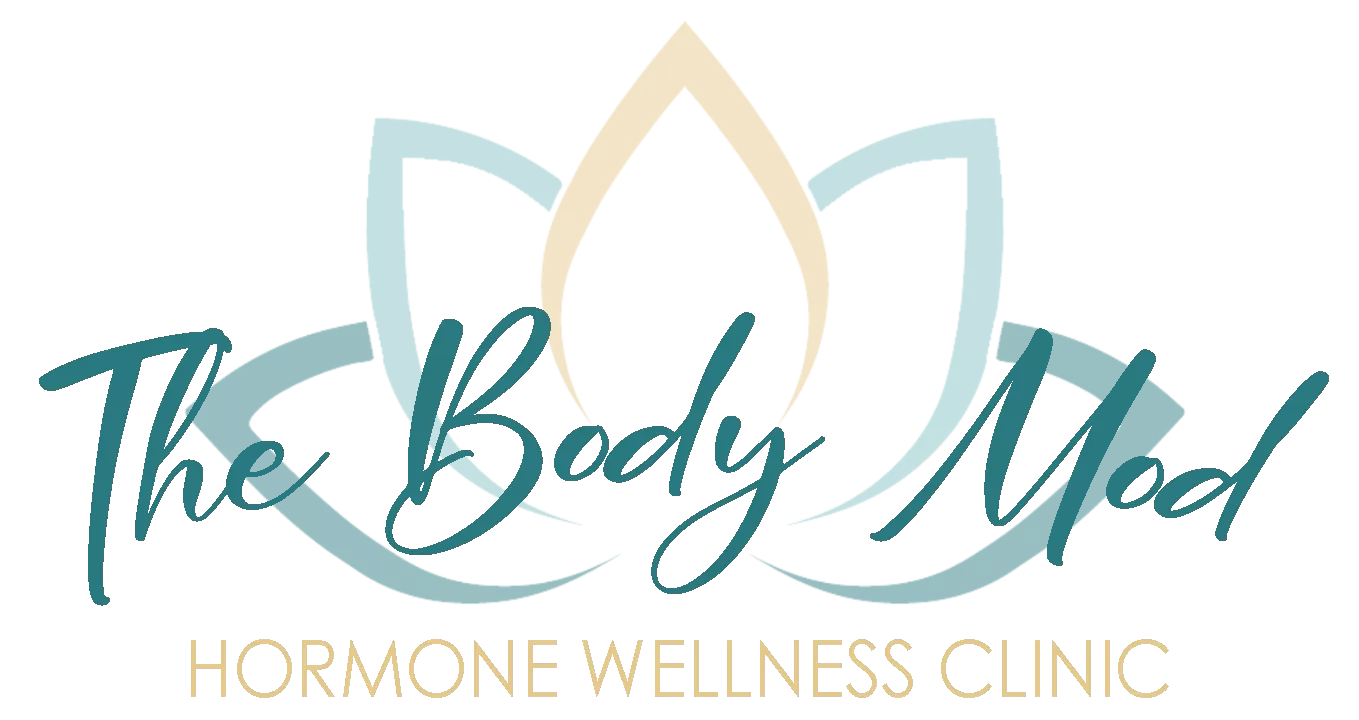Exercise, Fat, and Protein Insights from The Body Mod
AtThe Body Modin Dayton, Ohio, we believe in empowering our clients with knowledge to make informed decisions about their health and fitness journeys. A fundamental aspect of weight management and body composition is understanding calories—how we burn them with exercise, and how many calories are in the substances our bodies store and use, like fat and protein.
How Much Exercise Does It Take to Burn a Calorie?
Caloric burn during exercise varies significantly depending on several factors including the type of activity, intensity, duration, and your own body weight and metabolic rate. Generally, more vigorous and longer-duration activities burn more calories. Here’s a simple breakdown to give you an idea:
- Walking: On average, walking at a moderate pace of about 3 miles per hour can burn between 70 and 100 calories per mile. If you weigh more, you’ll burn more calories.
- Running: Running at a moderate pace can burn approximately 100 to 150 calories per mile. Like walking, heavier individuals burn more calories.
- Cycling: Moderate cycling can burn about 400-600 calories per hour.
- Strength Training: While it may not burn as many calories during the actual session as cardio activities, strength training increases muscle mass, which boosts your resting metabolic rate, leading to more calories burned overall.
To burn a single calorie, it often requires a few minutes of light exercise like walking or about a minute of more vigorous activity such as running.
Calories in a Pound: Fat vs. Protein
Understanding the caloric content of fat and protein can help you tailor your diet to meet your fitness goals. Here’s what you need to know:
- Fat: A pound of body fat stores about 3,500 calories. This is a standardized number used by nutritionists and health professionals to estimate the calorie deficit needed to lose a pound of fat.
- Protein: A pound of protein also contains calories, but its primary role is not energy storage. Protein is more involved in building and repairing tissues, hormones, and other bodily functions. When used as a source of energy, a pound of protein would have about 1,800 calories. However, our bodies prefer to use carbohydrates and fats before protein for energy.
Practical Applications
For those looking to manage or lose weight, understanding the calorie content of different macronutrients and the calorie expenditure of various exercises can be invaluable. Here’s how you can apply this knowledge:
- Create a Caloric Deficit: If your goal is weight loss, aim to create a caloric deficit by combining exercise with a mindful diet. Knowing it takes a deficit of about 3,500 calories to lose a pound of fat can help you set realistic goals.
- Balance Your Diet: Incorporate a balanced intake of macronutrients (fats, proteins, carbohydrates) based on your body’s needs. Since protein is less likely to be stored as fat and more likely to be used to build muscle, increasing your protein intake might be beneficial if you’re increasing your workout intensity or frequency.
AtThe Body Mod, we are dedicated to helping you achieve your health and fitness goals with a scientific and personalized approach. Whether you’re looking to lose weight, build muscle, or simply improve your overall health, understanding the basics of calorie expenditure and nutritional content is a great place to start. Visit us atThe Body Modor contact us at 937-530-0070 for more personalized advice and training programs.
This foundational knowledge can be a stepping stone to a more informed and successful fitness journey. Whether you’re adjusting your diet or ramping up your exercise routine, it’s all about finding the right balance that works for your body.





